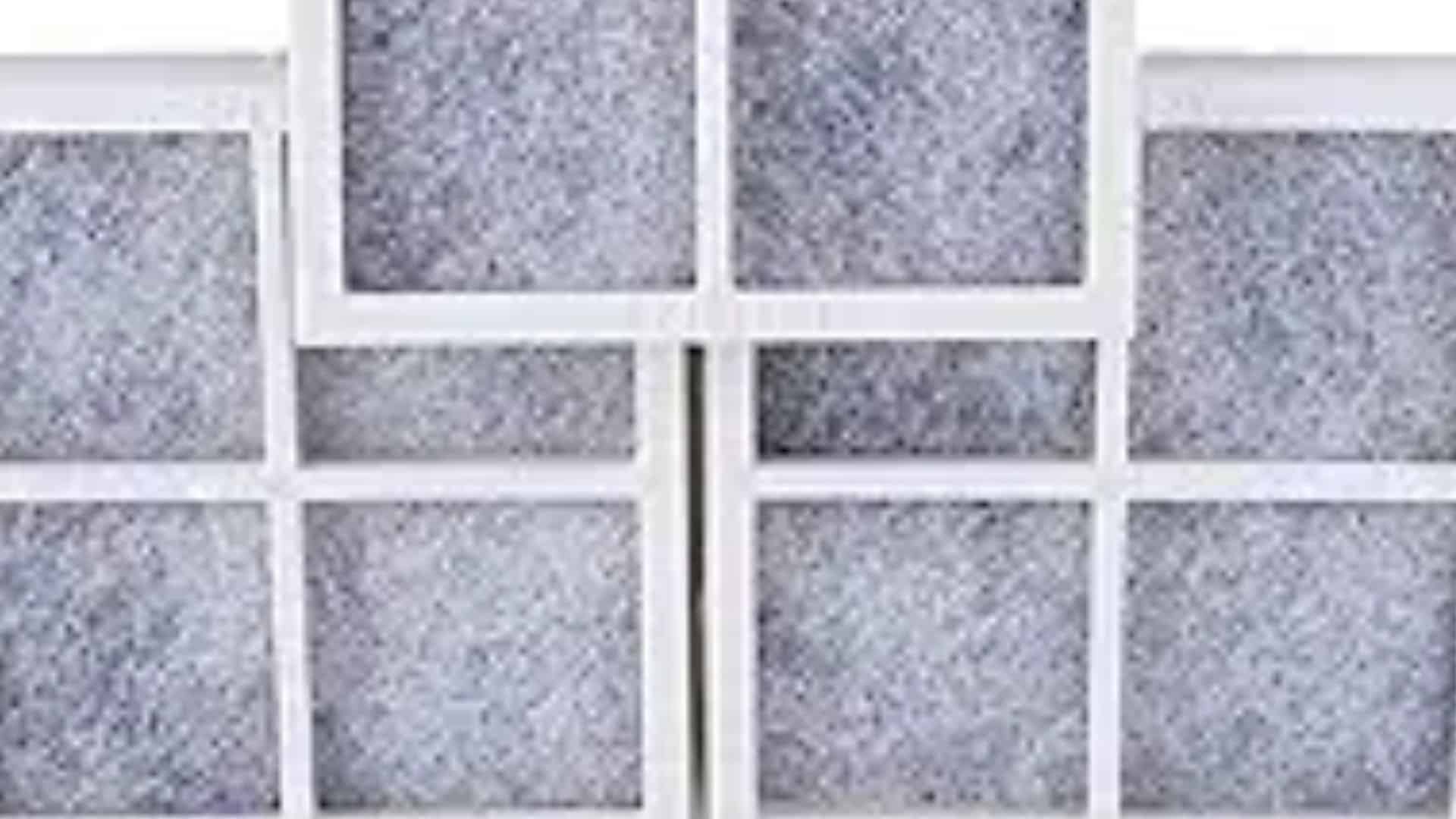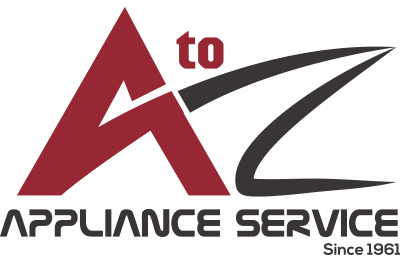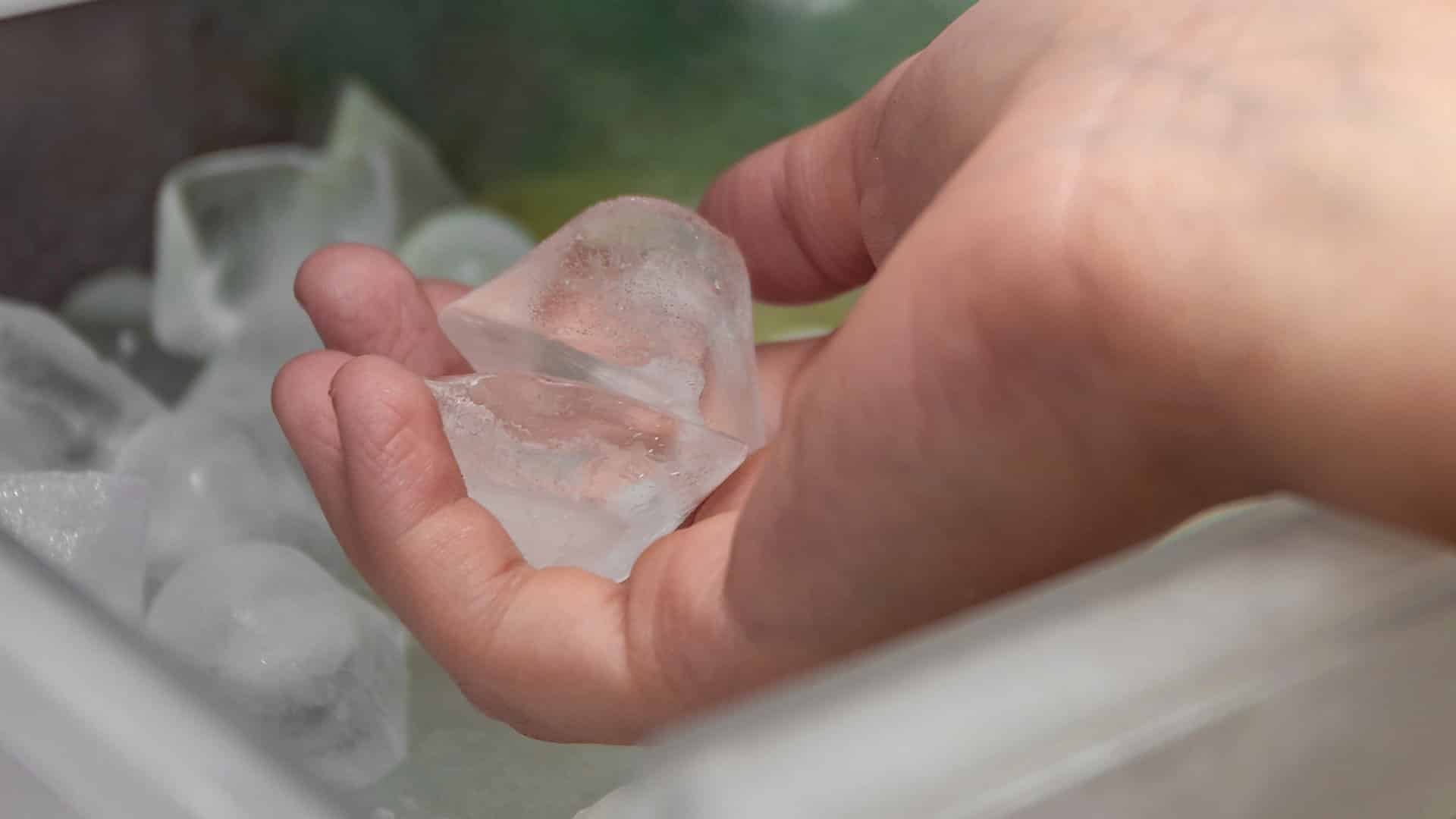
Built-in ice makers are a great, convenient way to have fresh ice whenever you want it. But what if your ice maker is working a lot slower than it should? If you’ve noticed a significant increase in the length of time your ice maker takes to freeze, there’s probably something going on. There are a few different causes of a slow ice maker, ranging from the wrong temperature setting to a problem with the motor itself. Read on to find out what to do!
How Do Icemakers Work?
To understand where the problem lies with your ice maker, you need to understand how the ice maker works. Although this can differ from model to model, the majority of ice makers work similarly. Water flows through the water inlet valve into an ice mold. The ice tray has a thermostat that ensures the ice freezes at the correct temperature.
Once the ice has frozen, the thermostat triggers a heating mechanism on the mold, which slightly warms and loosens the ice cubes. They are then ejected into a storage bin, ready to be used. This ensures a constant supply of ice – as long as everything is working properly, that is!
Incorrect Temperature Settings
The temperature of your freezer plays an important role in the function of your ice maker. To put it simply, if your freezer isn’t cold enough, it won’t be able to create ice, or it will take longer to make ice than it usually should. This makes your ice maker less efficient, and you may be waiting a long time for each batch of ice to freeze. Here’s what to do:
- Check the freezer temperature. The thermostat should be set to 0°F
- Adjust the temperature if necessary. You can consult your freezer manual for instructions on how to do this for your particular model.
- Wait to see if your adjustments have worked. It can take up to 24 hours for the temperature to adjust, so wait at least this long before you assess if the changes have worked.
- If the ice maker is still running too slowly, move on to one of the other fixes in our guide.
Clogged Water Filter
Another issue that can cause a slow ice maker is a clogged water filter. If the filter hasn’t been changed for a while, sediment or minerals can build up and slow the flow of water. If it gets bad enough, it could delay your ice cube tray filling up, or it may not fill up at all! Here’s what to do:
- Check when the water filter was last changed. If your fridge has a digital display, it may have an icon that lights up when your filter needs to be changed. In general, it’s a good idea to change the filter every six months.
- Test the flow from the water dispenser. If the water filter is clogged, the flow will be a thin stream.
- Order a new compatible filter and replace the old one, making sure to follow the instructions in your user manual.
- Test to see if this solves your slow ice maker issues.
Water Supply Issues
Just like with the clogged filter, if there is an issue with the water supply to your refrigerator, it can slow down the icemaking process. This could be due to an issue with the water supply to your home, or due to a blocked or kinked water line. Here’s how to check.
- Make sure the water supply to your home is working as normal.
- Check the water dispenser. If it isn’t flowing but you’ve confirmed that the water filter is fine, this is a sign of a water supply issue.
- Check the water supply line. If it’s kinked or being pinched against the wall by your fridge, straighten it out.
- Feel carefully along the water supply line to see if it’s frozen in any spots. If you find any frozen areas, use a hairdryer on a medium setting to melt the ice.
- Once the water is flowing again, wait to see if the ice maker is now functioning at the normal speed.
Malfunctioning Door Seals
Your freezer door seals ensure warm air stays out of your freezer and the cold air stays in. If the seals are loose, damaged, or old, then warm air will enter the freezer cavity and your freezer will struggle to stay cold enough to maintain the right temperature. Here’s what to do:
- Visually inspect the door seals to see if they look loose or damaged. Cracked or dried-out door seals won’t be able to create a tight seal.
- If the seals look intact but dirty, thoroughly clean them with a soft cloth and some mild detergent mixed with water. Sometimes, a buildup of dirt can prevent the seals from working properly.
- If you decide your seals are not functioning, you can order replacement seals online. Make sure they’re compatible with the make and model of your freezer.
- Remove the faulty seals and put the new ones in their place.
Air Flow Issues
If your freezer is overfilled, the air vents may be blocked, affecting the interior temperature. This can prevent cold air from circulating as it should, affecting the freeze time of your ice maker. This one is a simple fix, just follow these steps:
- Check that your freezer isn’t overly full. Ideally, it should be no more than three-quarters full. This is a good opportunity to throw away those old, freezer-burned peas!
- Check that the food in your freezer isn’t blocking the vents. If any items are, adjust their positioning.
- Once you’ve ensured your freezer has adequate airflow, wait 24 hours to see if the ice maker issue is fixed.

Why Is My Ice Maker So Slow?
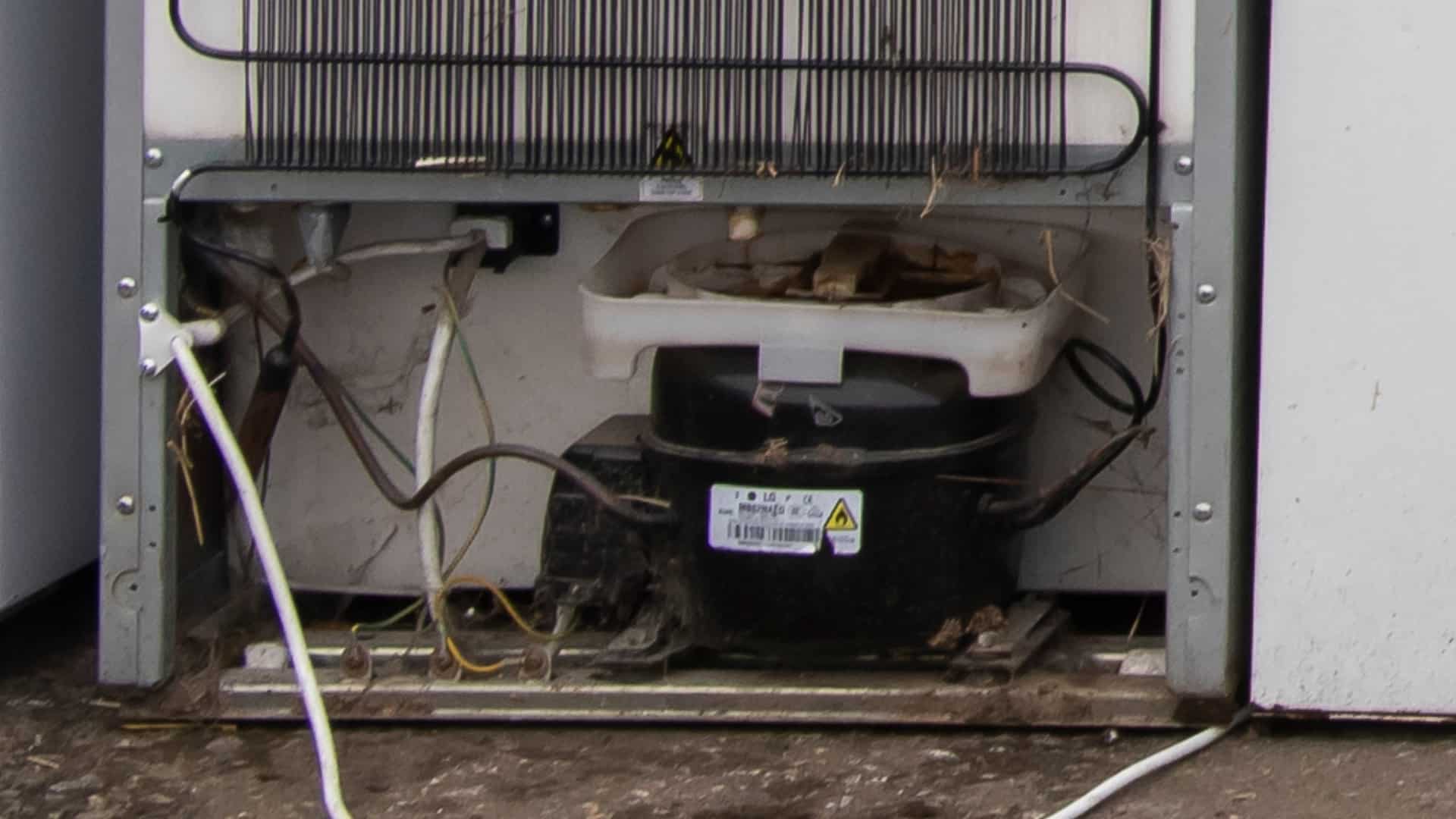
How Long Do Refrigerators Last?
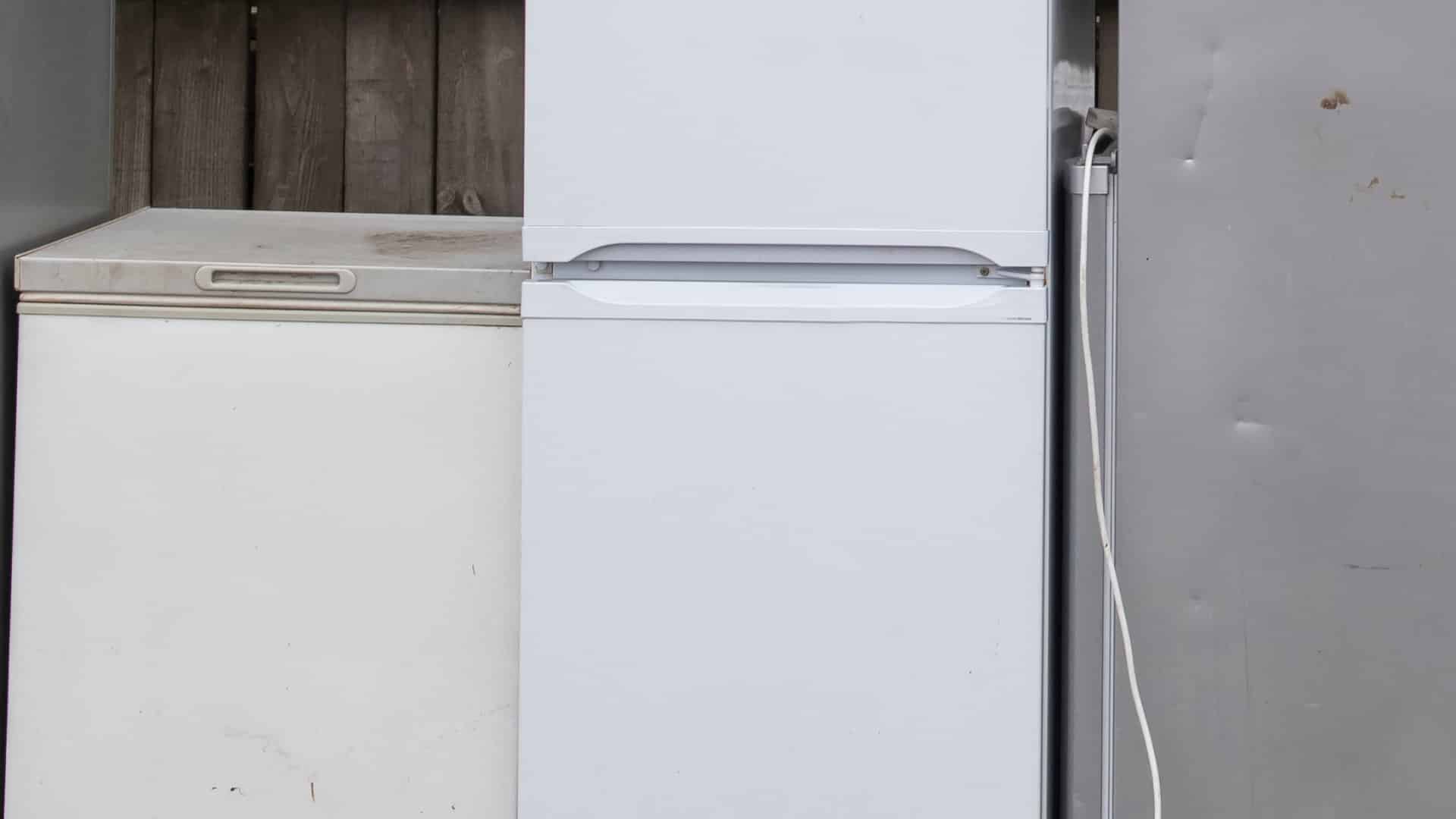
How to Get Rid of Freezer Frost (In 5 Steps)
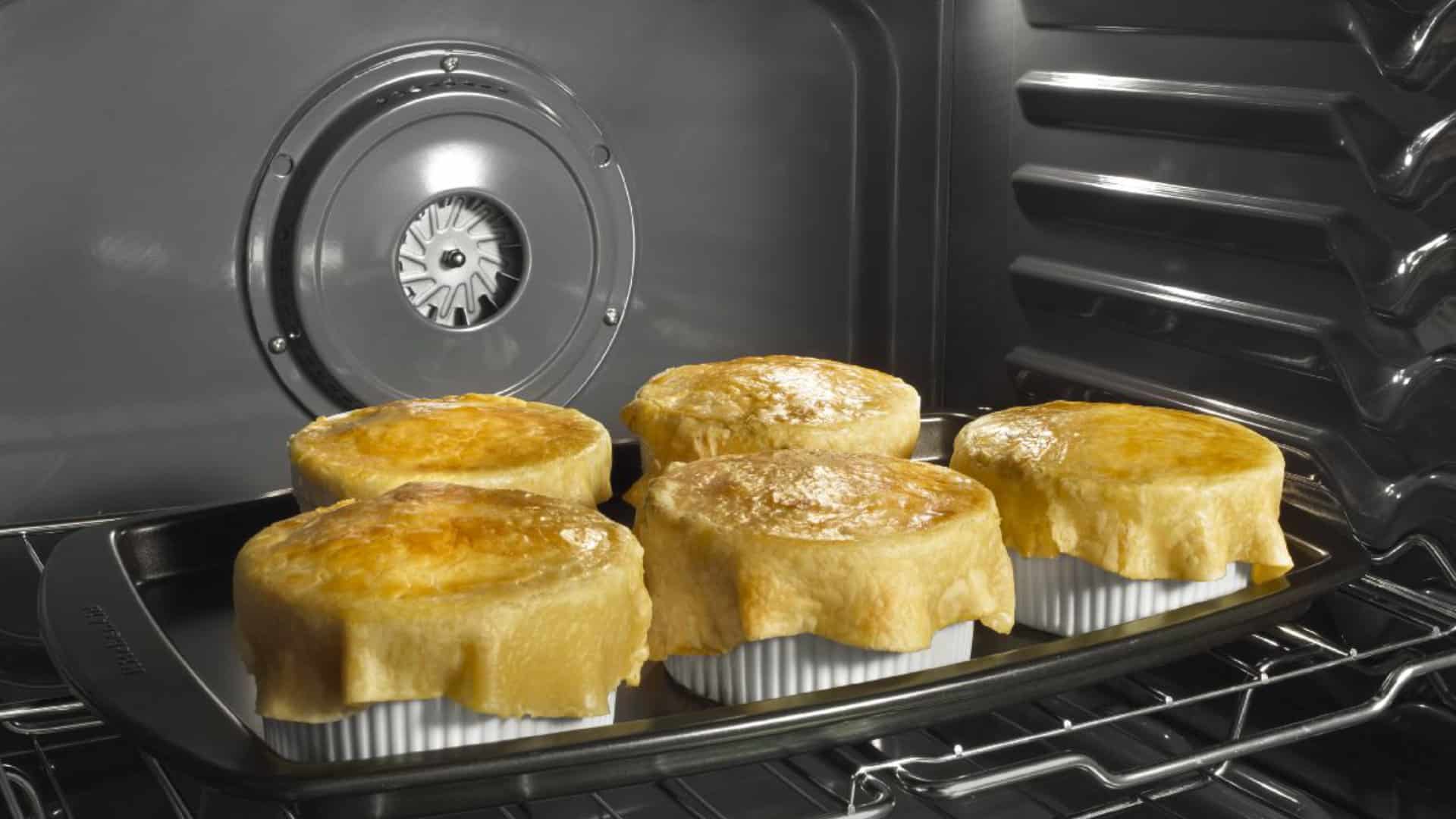
How to Fix Whirlpool Stove F9 Code
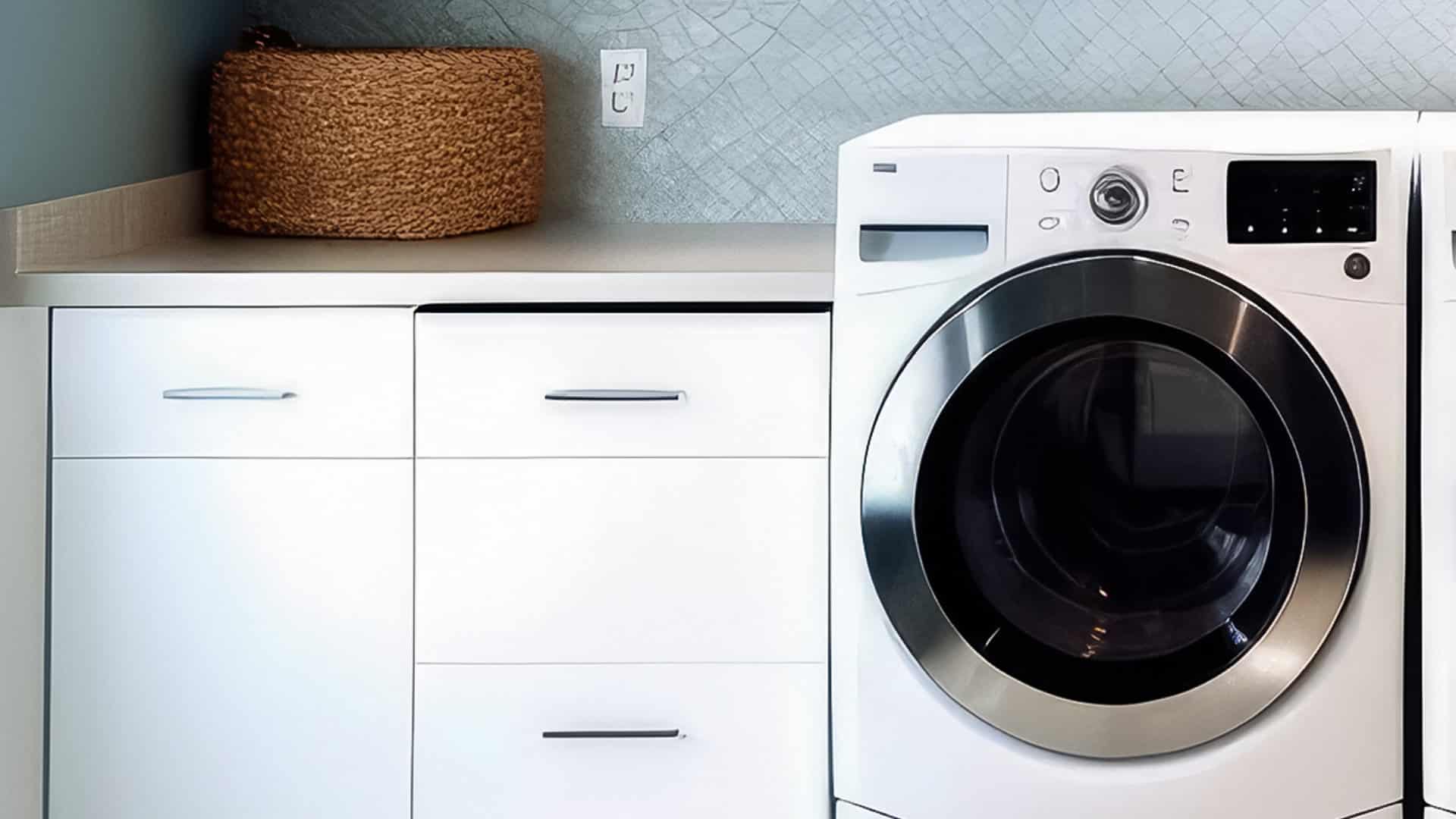
Fix Whirlpool Duet’s F20 Error Code
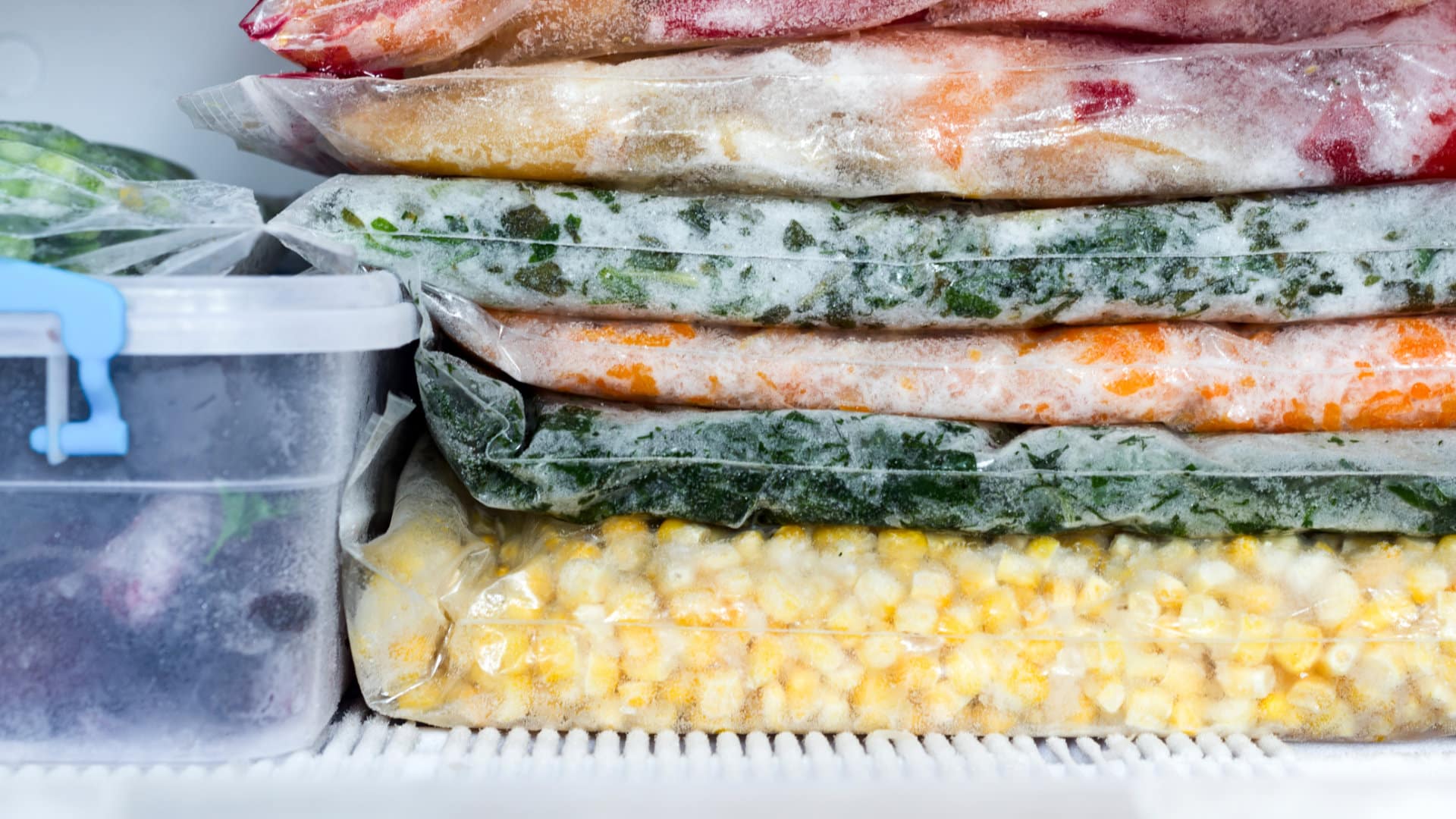
Freezer Working But Not Fridge? 5 Fixes
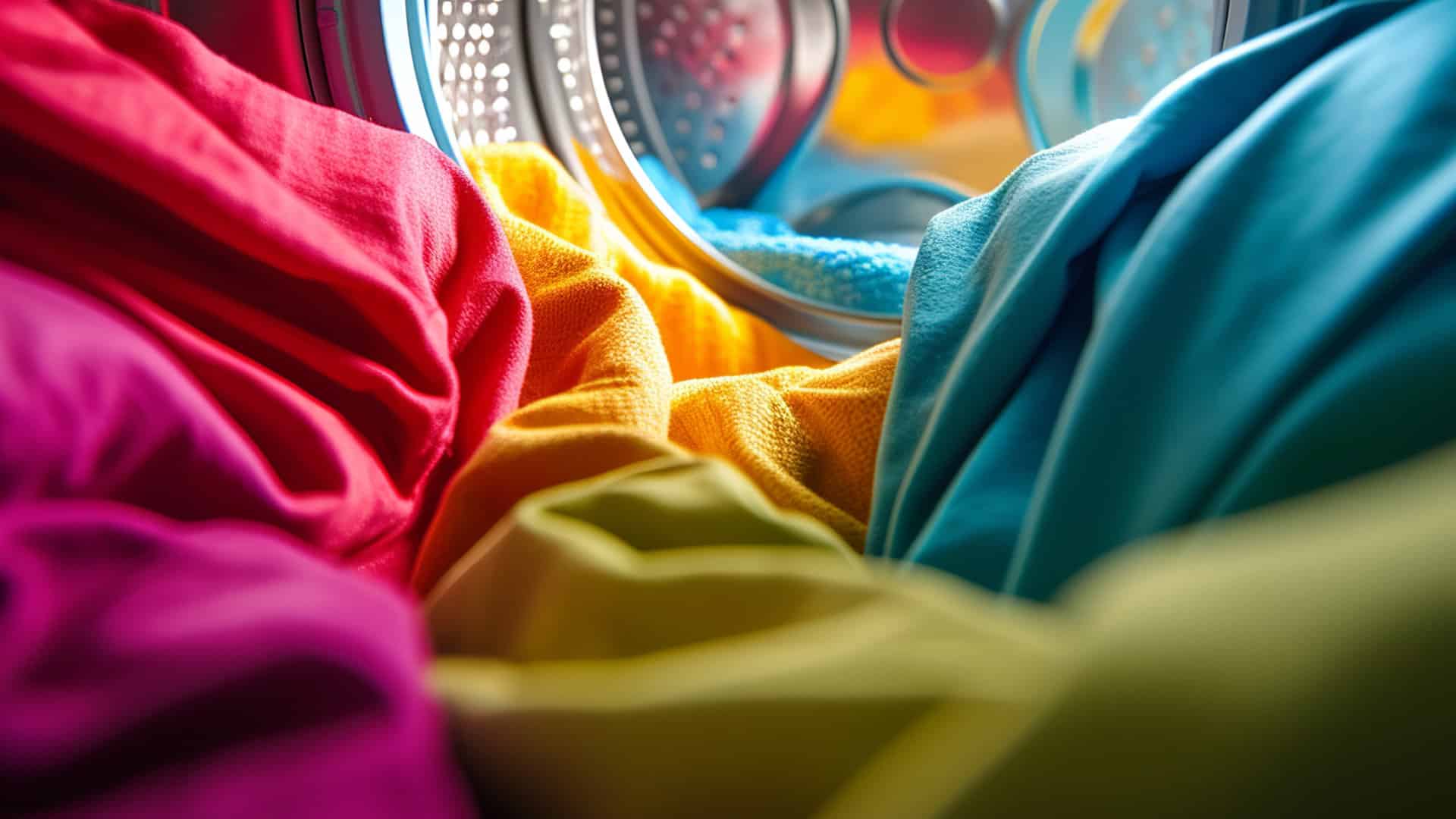
Speed Queen Washer Error Codes Explained
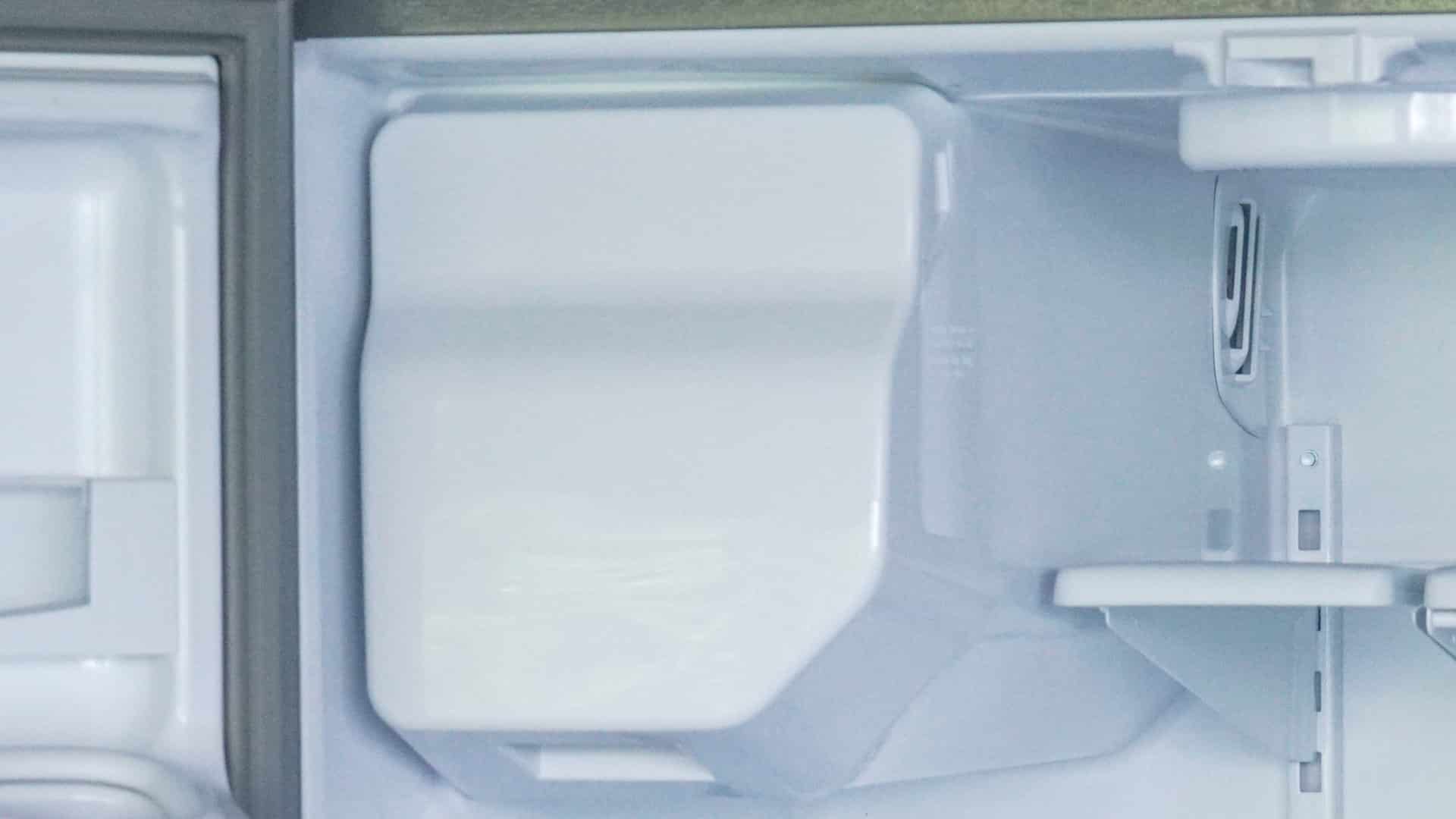
7 Reasons Why Your KitchenAid Ice Maker Isn’t Working
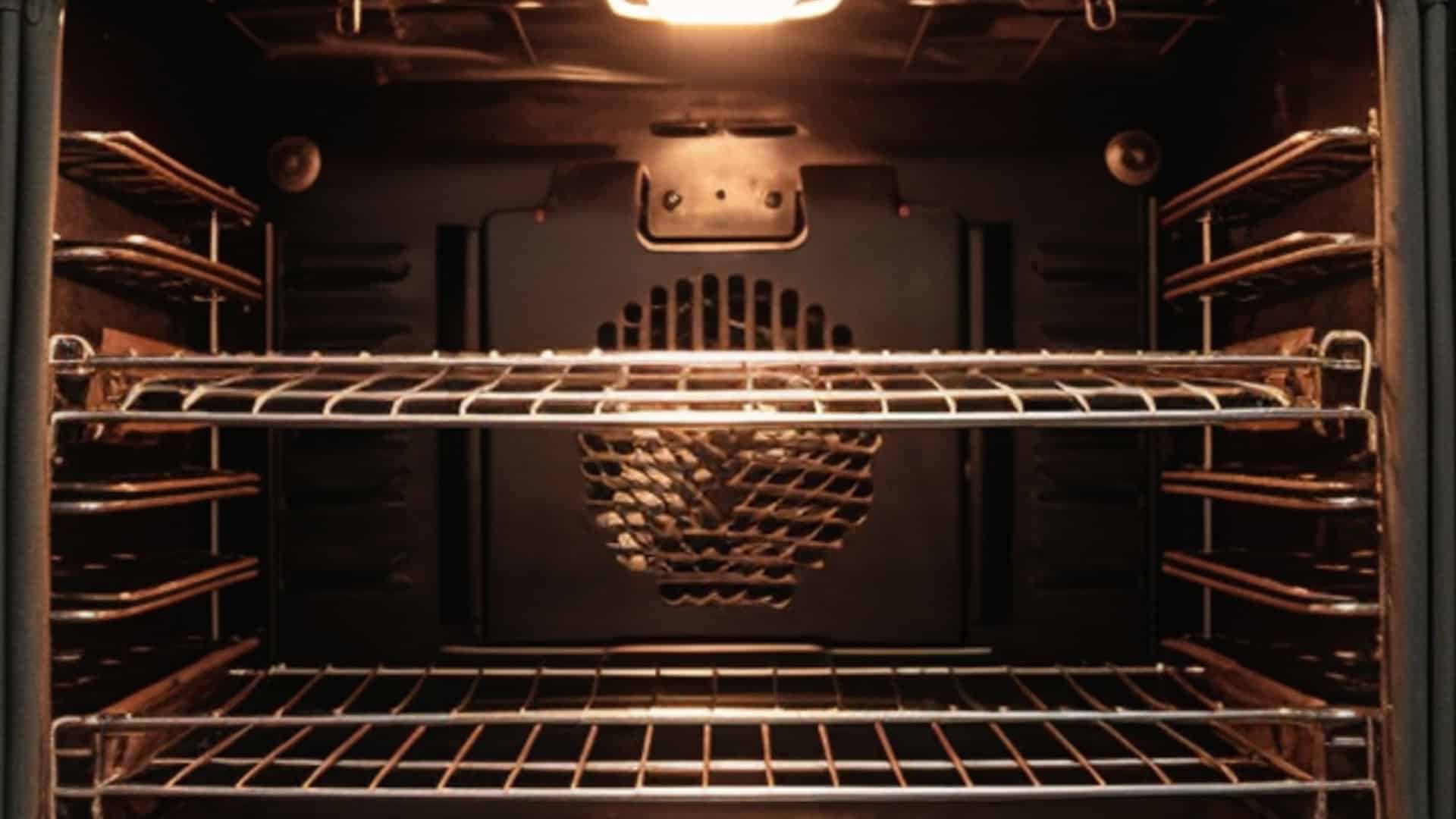
LG Oven F9 Error: Here’s How to Fix It
